90% of patients with beta thalassemia treated with gene therapy that corrects the underlying error stop needing transfusions for at least a year.
It is the result of a study conducted in nine centers, including the Bambino Gesù Hospital in Rome, published in the New England Journal of Medicine.
The experiment, which started in 2016, involved nine centers in Italy, France, Germany, Thailand, the United Kingdom and the USA.
23 patients with beta thalassemia involved, all dependent on transfusion at the start of the study: 8 children aged less than 12 and 15 aged 12 to 50.
Beta thalassemia is due to mutations in the HBB gene that can cause a reduced or absent synthesis of the beta chains of hemoglobin, the molecule responsible for transporting oxygen in the blood.
The gene therapy under study is called Betibeglogene autotemcel or beti-cel, and has already been approved as an orphan drug by the European Medicines Agency;
corrects this defect in the patient's hematopoietic stem cells, which, once removed and modified, are reinfused into the patient.
The trial showed an increase in hemoglobin production in all enrolled patients.
In 20 of the 22 patients evaluated (91%), the production of hemoglobin was such as to free them from the transfusion for at least one year, in some cases almost for two years.
The treatment was also effective in children under the age of 12: 6 out of 7 did not need a transfusion.
Even the two patients who, despite the therapy, continued to need transfusions, still reduced their blood requirement: one by 67.4% and the other by 22.7%.
"These data suggest that in most patients with transfusion-dependent beta thalassemia, a single infusion of beti-cel is potentially curative," the researchers conclude.
"When you have such important follow-up data, you can talk about healing."
Franco Locatelli, director of the department of Onco-Hematology and Cell and Gene Therapy at the Bambino Gesù Hospital in Rome, comments to ANSA the data of the trial published today in the New England Journal of Medicine which showed the effectiveness of a gene therapy against beta thalassemia.
The Infant Jesus contributed significantly to the experiment, treating one third of the enrolled patients.
Locatelli is the first signatory of the study, “which documented how gene therapy, intended as the addition of several healthy copies of the diseased gene, was able to determine transfusion independence in 90% of treated subjects,” he explains.
“The treatment was also able to determine the achievement of very consistent hemoglobin values in a high percentage of patients who achieved transfusion independence.
This result is persistent over time ".
The Bambin Gesù contributed significantly to the experimentation, treating a third of the enrolled patients: “the first was a twenty-three year old from Puglia, then another six came” Locatelli recalls.
Currently the therapy under study (betibeglogene autotemcel) is approved by the EMA for people aged 12 and over with a specific genetic characteristic (non-beta0 / beta0 genotype) who need transfusions and do not have conditions incompatible with transplantation ( e.g. heart or liver problems).
However, the study also showed excellent results in children under the age of 12: “it is therefore foreseeable that the regulatory agencies will extend the indications also to younger children”, says Locatelli.
Access to the drug, however, is currently complicated by disagreements over the reimbursement price between the company that developed the product and European drug agencies.
Gene therapy, however, is not the only advanced therapy potentially resolving beta thalassemia: “We have developed an approach based on genome editing, through which the synthesis of fetal hemoglobin is reactivated”, concludes Locatelli.
"Even with this strategy we have obtained very important results: all treated patients have stopped receiving transfusion support".
(HANDLE).

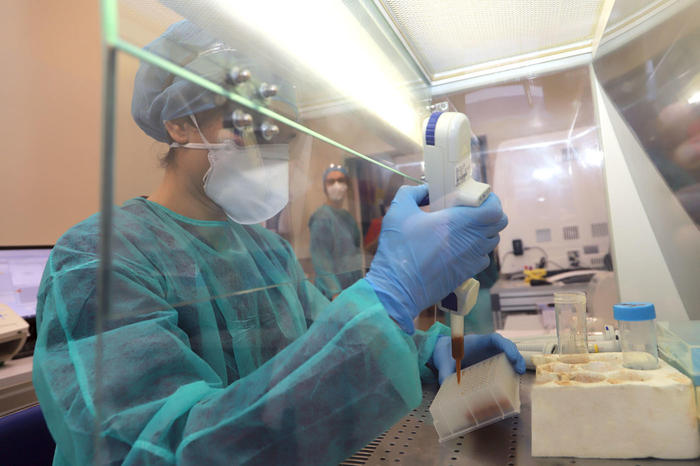


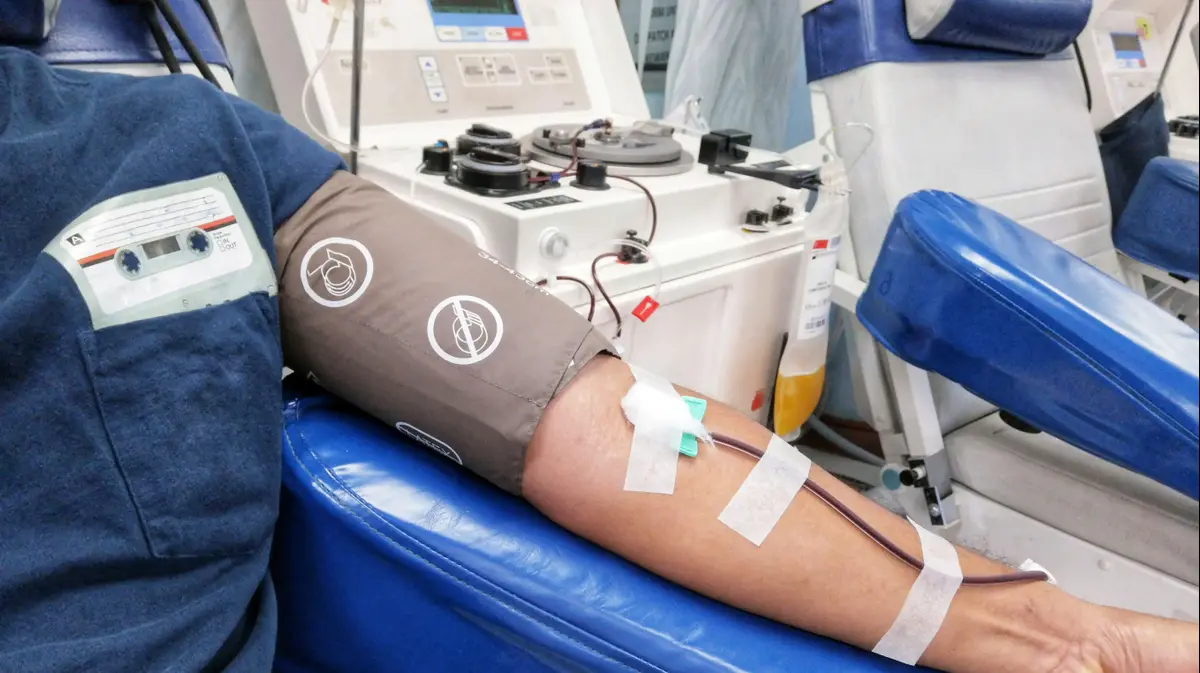

/cloudfront-eu-central-1.images.arcpublishing.com/prisa/ZV3HRONFCNGOLA37LDSKYTU2VY.jpg)
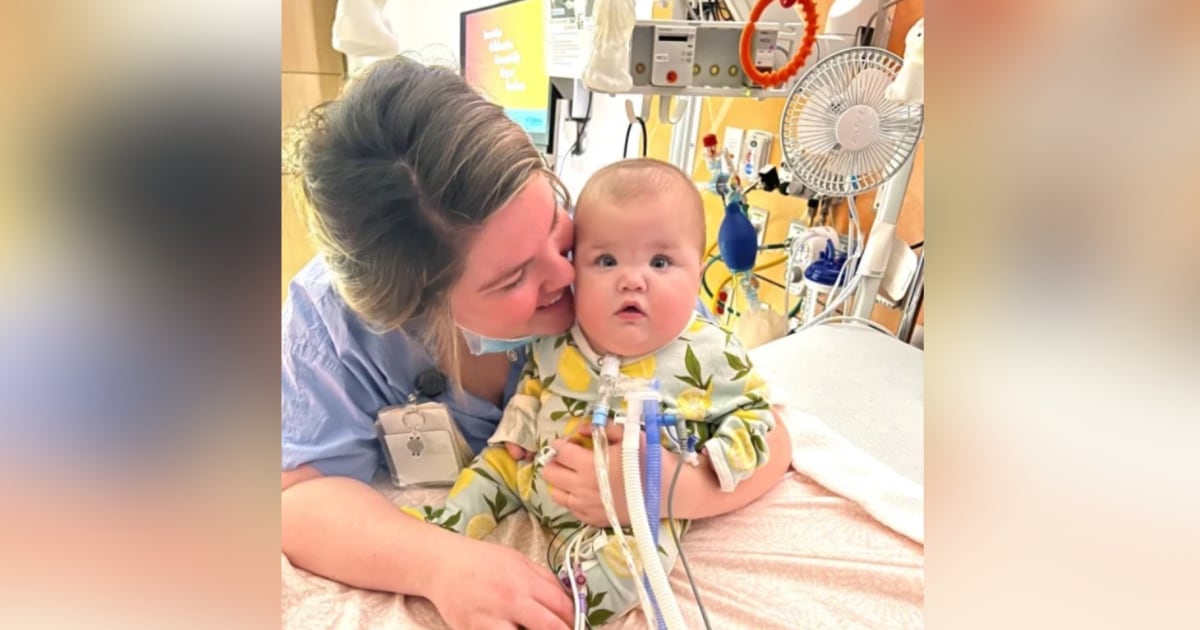
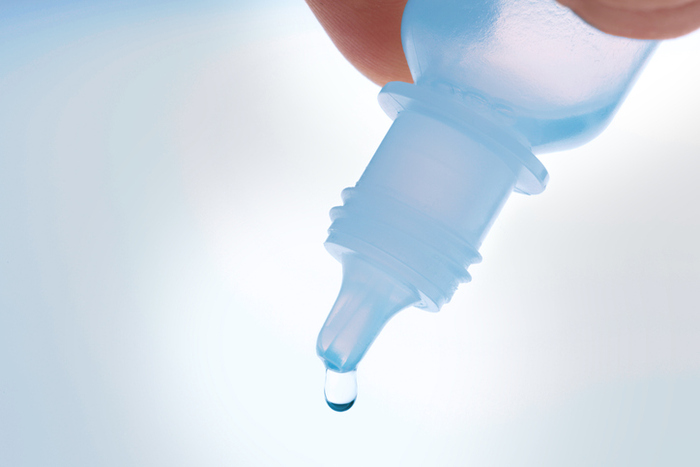
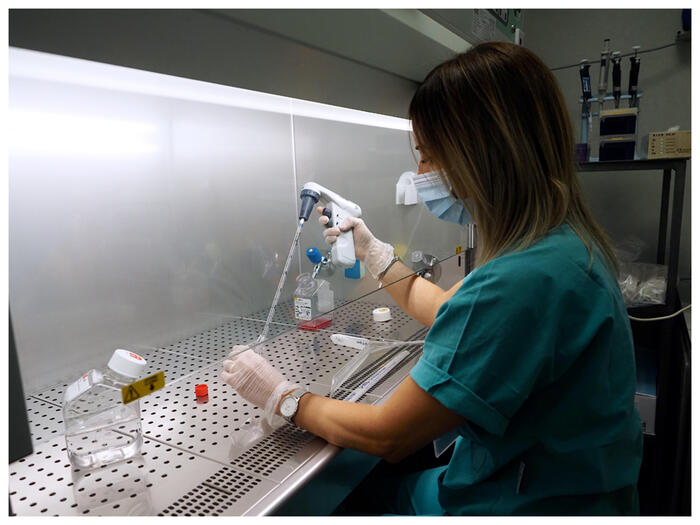


/cloudfront-eu-central-1.images.arcpublishing.com/prisa/S7ERVSCT4FUVX6R7TUVBDNTH5Y.jpg)


